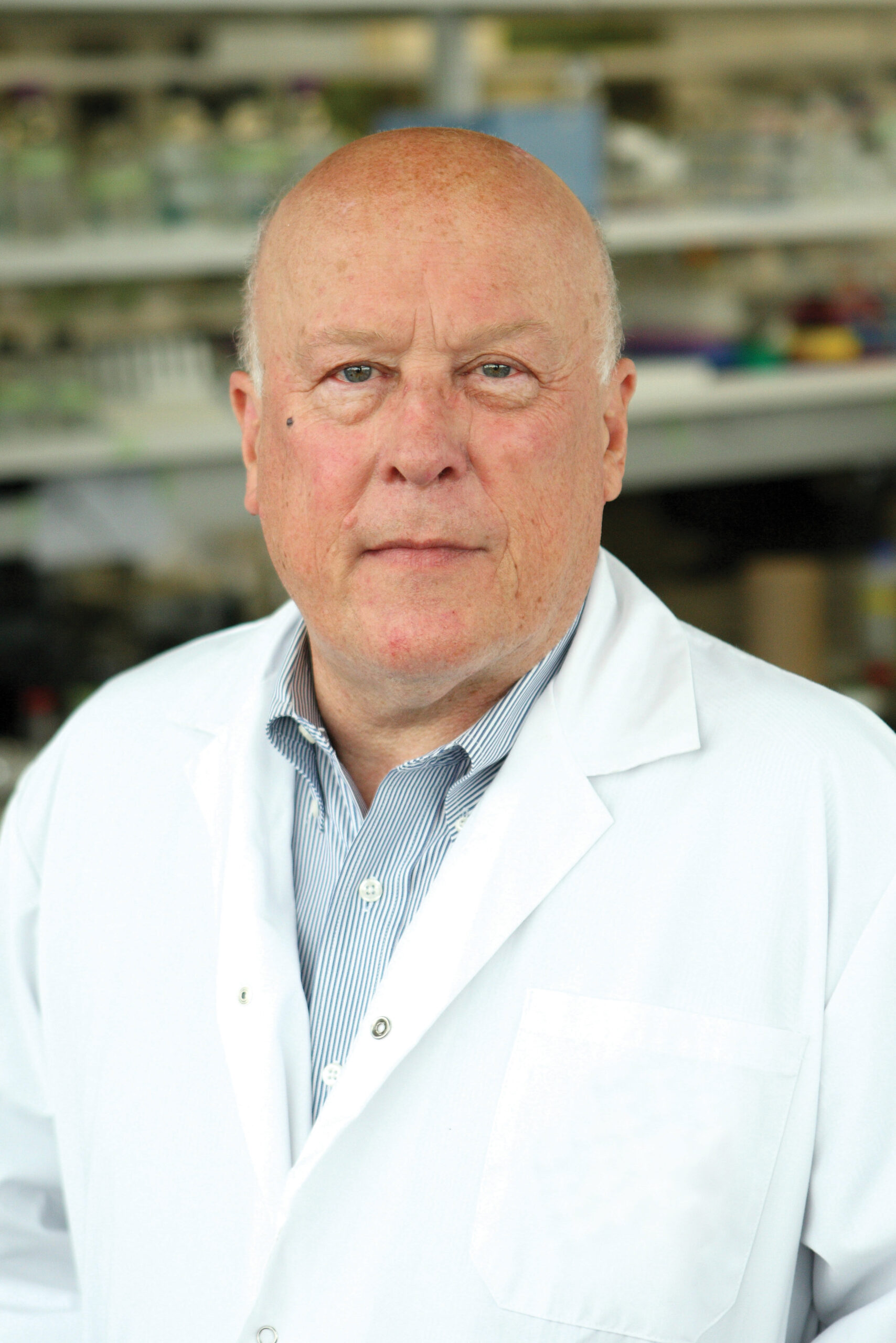The Lead Discovery Center (LDC) in Germany has teamed up with McGill University, Institut National de la Santé Et de la Recherche Médicale (INSERM) in France and Semmelweis University in Hungary to discover new approaches for the treatment of alpha-1 antitrypsin deficiency (AATD), a rare genetic disorder that leads to severe lung and liver diseases. The partners receive a total of €1.1 million in funding under the transnational E-Rare-3 programme on rare diseases.
AATD is caused by mutations of alpha1-antitrypsin (A1AT), an enzyme that is primarily produced in the liver and normally transported to the lung where it helps maintain organ health and function. Genetic alterations lead to misfolded proteins which can no longer be secreted. In the lung, the absence of functional A1AT can lead to critical disorders such as chronic obstructive pulmonary disease (COPD). In the liver, the accumulation of mutant A1AT can cause liver fibrosis, cirrhosis and subsequently hepatic failure. To date, there is no effective pharmacological treatment for AATD.
This project builds on ground-breaking results of project partner Dr Chevet and his team at INSERM y that provide a novel, highly promising target for AATD treatment. They have shown that the activation of a certain enzyme, IRE1, triggers the release of fully functional ZA1AT from the liver. ZA1AT is the most frequent mutant form of A1AT. The project partners will work together to identify and develop small molecules that can rescue active ZA1AT via IRE1-modulation. The objective is to establish a lead compound series with favourable drug-like properties and proof-of-concept in in-vivo models within three years.
The McGill University group led by David Y Thomas, Professor in the Faculty of Medicine’s Department of Biochemistry, will supply expertise in developing therapies for respiratory diseases. This project will use their experience and resources that were used to build an innovative therapy for cystic fibrosis. Research at McGill is supported by the Fonds de recherche du Québec – Santé, the Canadian Institutes of Health Research and the Cystic Fibrosis Translational Research centre.
The partnership builds on highly productive existing collaborations between the players and leverages their complementary strengths and capabilities. The teams of McGill University and INSERM contribute leading expertise in the underlying biology of protein misfolding diseases in general, and A1AT and IRE1 function in particular, while the teams of Semmelweis University and LDC bring in world-class medicinal chemistry know-how and infrastructure (incl. pharmacology), together with a proven track record in drug discovery from target level through to proof-of-concept. The project also gains support from leading clinicians and patient organizations committed to finding a cure for AATD and to improving the lives of people affected worldwide.
“This is a unique and truly powerful constellation,” says Dr Bert Klebl, managing director of the LDC. “With our combined expertise and commitment, we are perfectly positioned to advance this project and make a difference to the lives of patients suffering from this rare and widely under-recognized disease.”
January 11, 2019

